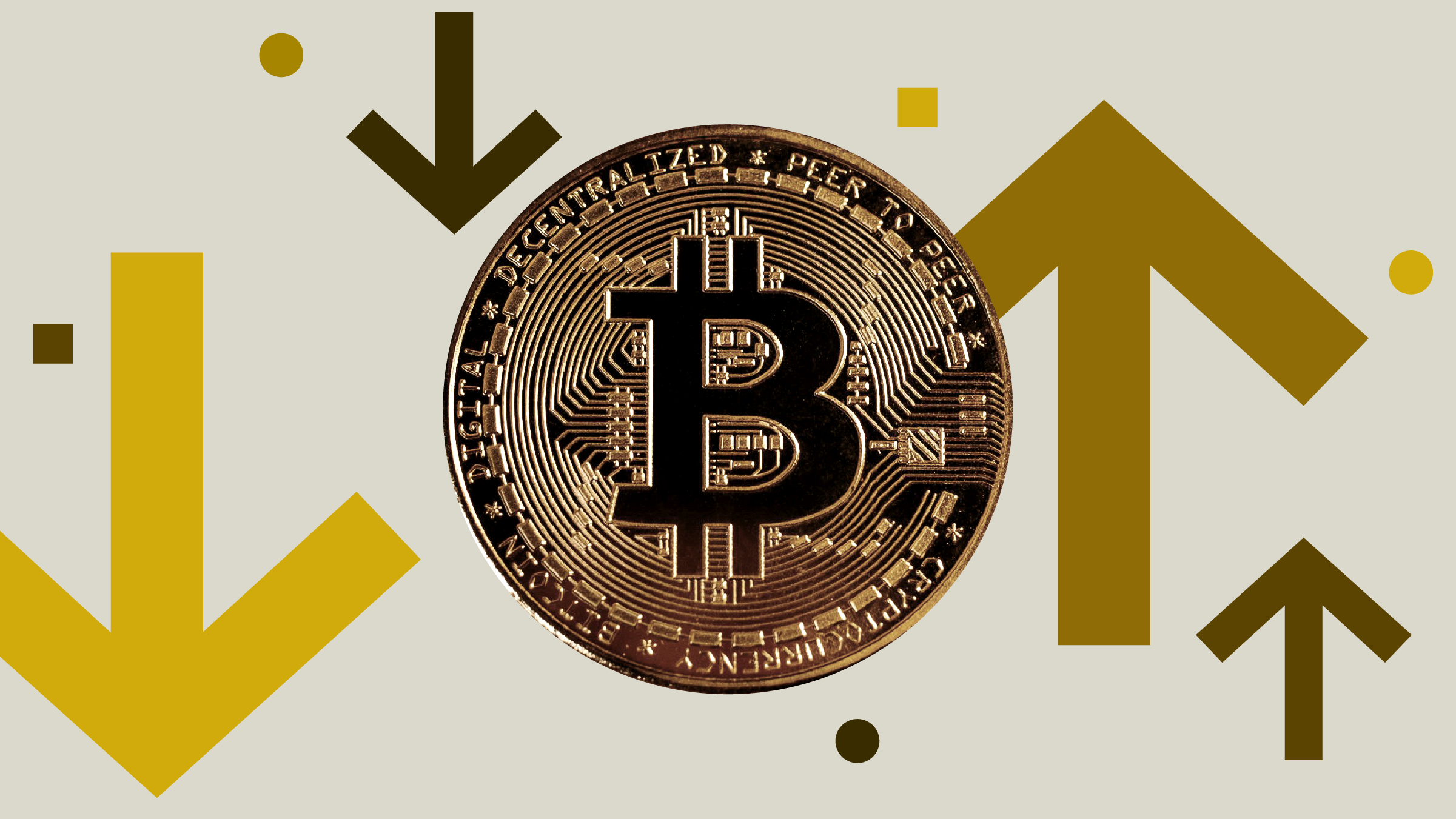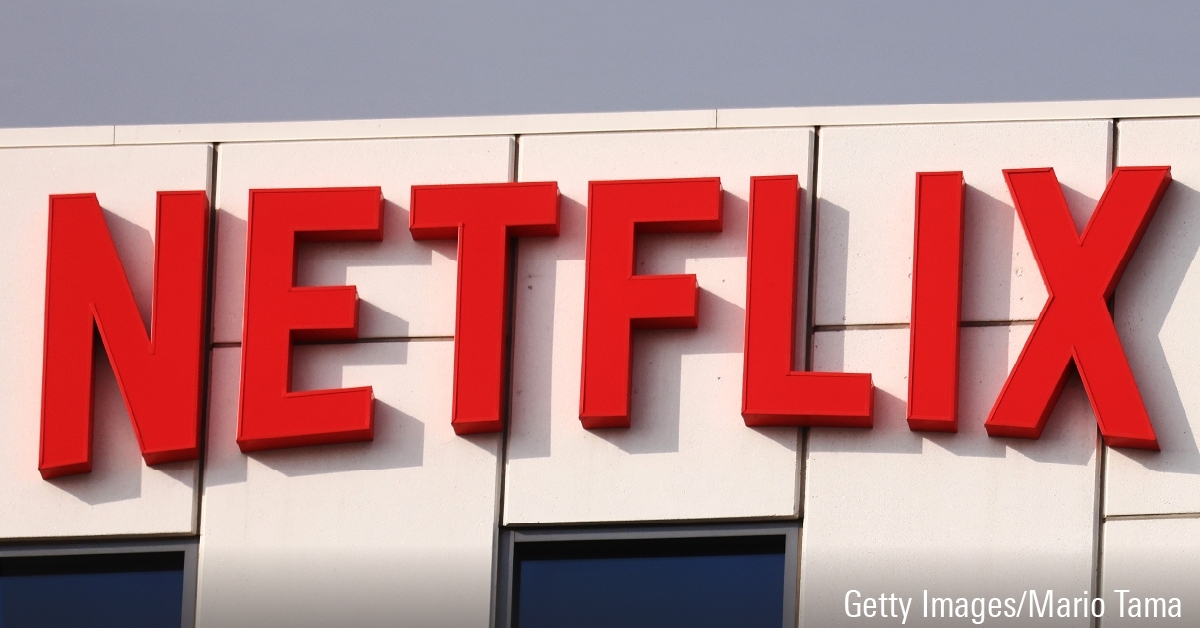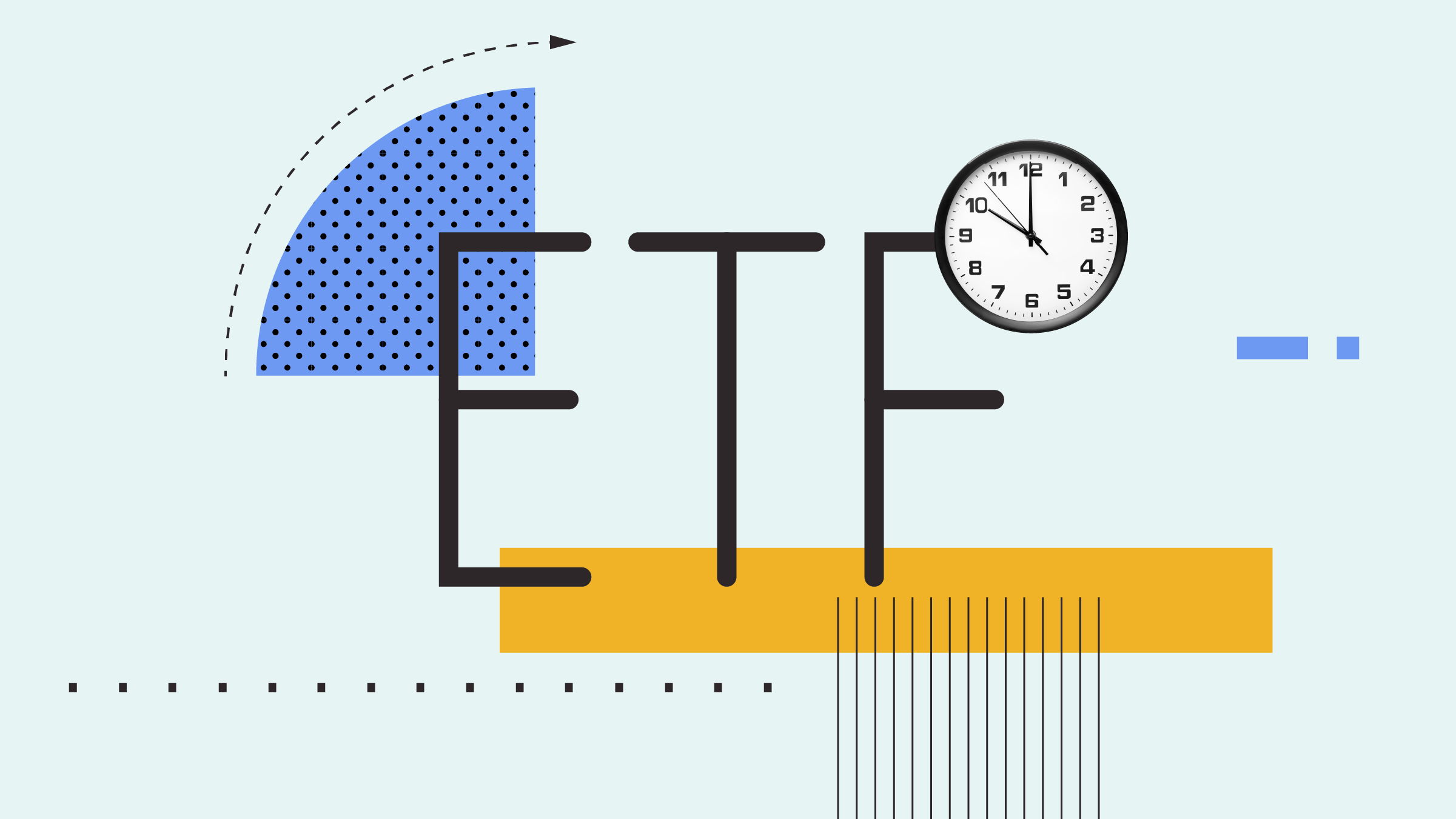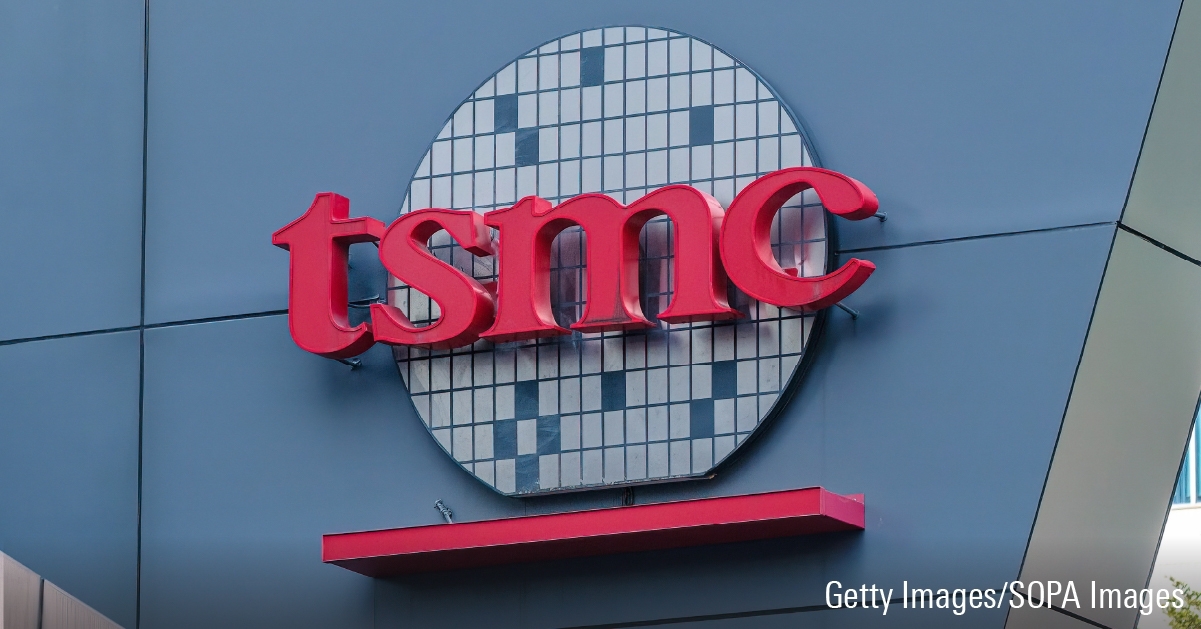
Canadian investors looking to add bitcoin exposure to their portfolios have a significant new option with the launch of the iShares Bitcoin ETF IBIT, which is linked to the world’s largest spot bitcoin exchange-traded fund in the United States.
If the experience of the US ETF market is any indication, BlackRock entering the Canadian bitcoin space could shake up the market and draw investors with its low cost. As evidence of the ripples from this move, on the same day that iShares launched its fund in Canada, Fidelity Canada cut the management fee on its bitcoin offering.
The Canadian version of the iShares fund, listed at the market open on Jan. 13, provides exposure to bitcoin through BlackRock’s US-listed iShares Bitcoin Trust ETF, which boasts over USD 51 billion in net assets. The iShares ETF enters the Canadian market with an annual management fee of 0.32%, making it one of the most competitively priced bitcoin funds in Canada.
Spot bitcoin ETFs provide simplified, cost-effective means to gain exposure to the flagship cryptocurrency by holding digital assets on their behalf. This eliminates the operational and custodial risks and complexities of storing crypto coins. While bitcoin ETFs have been around in Canada for several years, their popularity and demand surged in 2024, driven partly by a sharp rally in bitcoin prices following Donald Trump’s reelection as US president, since his proposed policies are perceived as crypto-friendly.
Is the iShares Bitcoin ETF Sparking a Fee War?
Although iShares Bitcoin ETF doesn’t introduce new opportunities to the market, it stands out due to its competitive costs and trusted brand, according to Bryan Armour, Morningstar’s director of passive strategies research for North America. “The iShares ETF appears to have the lowest management fee of all Canadian bitcoin ETFs, which is a clear win for investors,” he notes. “Investors may also prefer iShares and their partnership with RBC over other issuers.”
The fund’s low fee makes it a particularly appealing option for cost-sensitive investors and could intensify competition in Canada’s thriving crypto ETF market. Armour notes that iShares undercut existing lower-fee ETF offerings, including the C$1.3 billion CI Galaxy Bitcoin ETF BTCX.B. “That fee pressure is a benefit for investors that have nothing to gain from higher fees in this space, and it could lead to increasingly low fees for crypto in the future should a fee war break out.”
In fact, on the same day the iShares Bitcoin ETF was launched, Fidelity Canada announced it had lowered the management fee for its C$1.05 billion Fidelity Advantage Bitcoin ETF FBTC to 0.32% from 0.39%, matching BlackRock’s competitive offering.
Fidelity’s Bitcoin ETF Fee Cut
Fidelity spokesperson Chris Pepper attributed the move to strong 2024 inflows of C$283 million, with the fund surpassing C$1 billion in assets. “Fidelity Advantage Bitcoin ETF was an outlier in the crypto-asset ETF industry, which as a group saw net outflows of approximately C$1.1 billion through the year,” he says. “We are taking this opportunity in growth and scale to reduce fees to our many Fidelity Advantage Bitcoin investors.”
At the same time, the fee cut comes on the heels of new competition. “Fidelity always monitors competition in both our ETF and mutual fund markets and strives to deliver best-in-class solutions net of fees for all funds we manage,” Pepper says.
Other Canadian bitcoin ETFs typically charge management fees and MERs ranging from 0.75% to 2.50%, making for a significantly higher cost of ownership for Canadian investors and reducing returns. In contrast, the iShares Bitcoin ETF, with its management fee of 0.32%, provides a more cost-efficient alternative. Fidelity’s move to cut fees could add further pressure on other established players to reevaluate their fee structures.
Armour notes that the iShares fund builds on its strong presence in the US crypto ETF market. “iShares has been the clear winner of the crypto ETF sweepstakes in the US, becoming the most successful ETF launch in US history in terms of net assets and flows,” he says. “It will be interesting to see whether they go into other markets.”
CAD and USD Bitcoin ETF Options
The fund is available to Canadian investors in CAD- (IBIT) and USD-denominated (IBIT.U) versions. This provides an option for Canadian investors seeking unhedged exposure to US dollar price movements. However, investors must weigh the impact of currency fluctuations when choosing between unhedged products or USD-denominated ETFs. A weakening Canadian dollar can enhance returns on USD-based investments, but a strengthening loonie can erode them. Currency-hedged bitcoin ETFs offer a way to mitigate exchange rate uncertainty.
Armour emphasizes that hedging currency risk is often a personal preference. “Currencies tend to level out over the long-term, so we don’t prefer one side or another,” he explains. He cautions against frequent shifts in strategy based on currency trends. “I typically recommend choosing to hedge or not, then sticking with it,” he stresses, adding that “the worst-case scenario is chasing currency performance and then the trend reverts.”
Will the iShares Bitcoin ETF Shake Up the Market?
With its significantly lower fees, the new iShares offering could remake the market for bitcoin ETFs in Canada. In the US, the iShares’ offering came to dominate the bitcoin ETF space, unseating the previous market leader.
After the US Securities and Exchange Commission approved a slate of bitcoin ETFs in January 2024, digital asset ETFs took in USD 58 billion. Of that total, 65% went to the iShares Bitcoin Trust ETF, with its 0.125% expense ratio. The iShares fund held 40% of the USD 130 billion in assets, the category total as of the end of 2024. The next largest, the USD 20 billion Fidelity Bitwise ETF, pulled in USD 12 billion in net flows, or 21% of the total flows. The Fidelity Fund has a 0.25% expense ratio.
Meanwhile, the ETF that had dominated the market before the SEC decision saw investors flee. The USD 19.6 billion Grayscale Bitcoin Trust ETF GBTC—the flagship fund of the brand whose lawsuit forced the SEC to approve the new slate of bitcoin ETFs—suffered USD 22 billion in net outflows in 2024. The fund’s expense ratio is 1.5%.
The author or authors do not own shares in any securities mentioned in this article. Find out about Morningstar's editorial policies.















